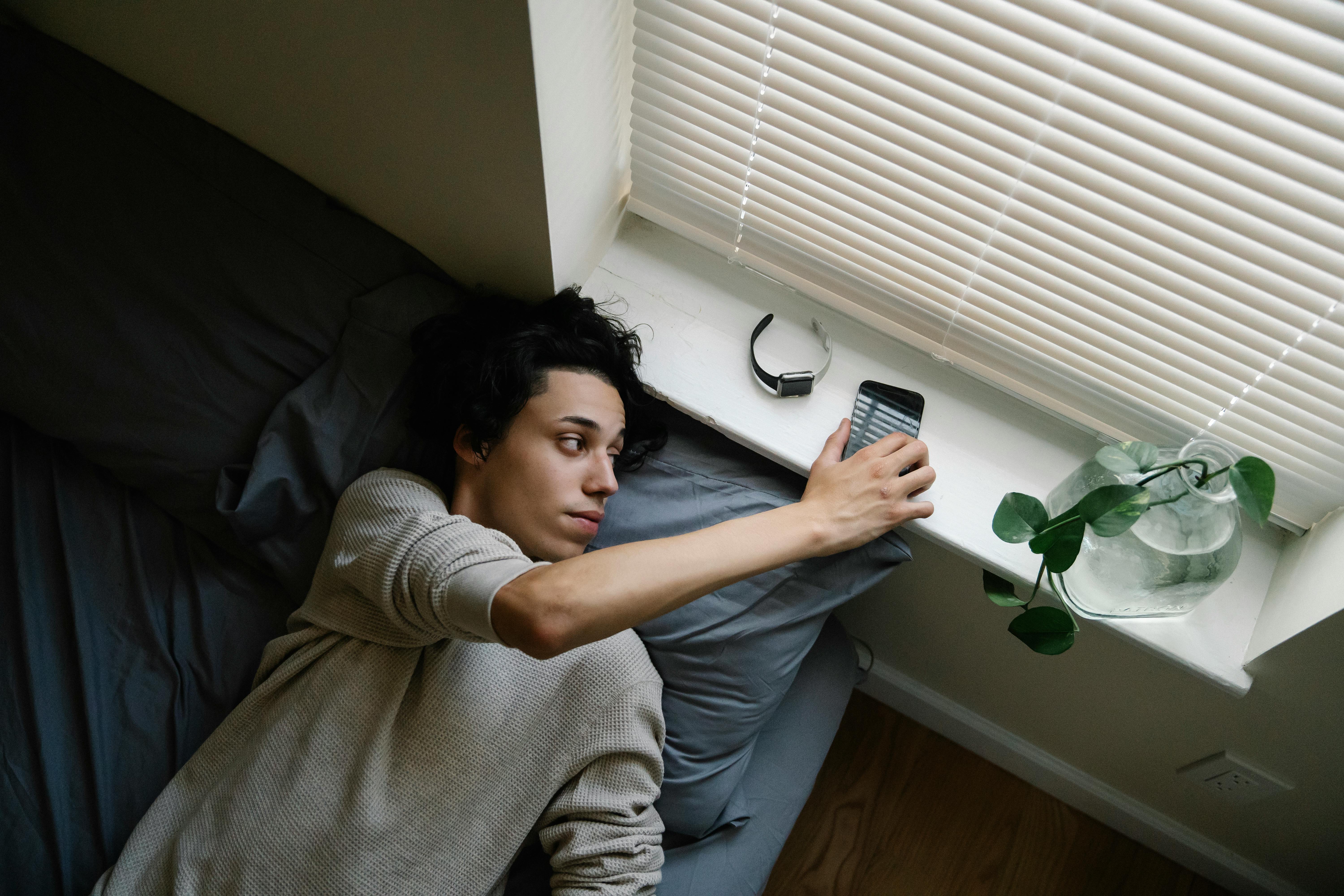Seven Secrets to Embrace Nighttime Serenity and Sleep Blissfully
In the hustle and bustle of modern life, achieving a peaceful night's sleep can often feel elusive. Yet, the importance of quality sleep cannot be overstated—it is the cornerstone of physical health, emotional well-being, and cognitive function. This article delves into seven secrets that can help you embrace nighttime serenity and sleep blissfully. From creating an optimal sleep environment to harnessing the power of relaxation techniques, each section offers a unique strategy backed by research to guide you toward restful slumber. Join us as we explore these secrets and transform your nights into a sanctuary of rest and rejuvenation.
Secret 1: Crafting the Perfect Sleep Environment

Creating an ideal sleep environment is the first step toward achieving nighttime serenity. Your bedroom should be a haven of tranquility, free from distractions and conducive to rest. Start by ensuring your room is dark, quiet, and cool, as these conditions have been shown to promote deeper sleep. Invest in blackout curtains, a white noise machine, or earplugs to block out disturbances. Additionally, consider your mattress and pillows—these should support your body comfortably. The National Sleep Foundation suggests that a clutter-free space can also reduce stress and signal to your brain that it’s time to wind down. By tailoring your environment to support relaxation, you lay the groundwork for a restful night.
Secret 2: The Power of a Consistent Sleep Schedule

Maintaining a consistent sleep schedule is crucial for regulating your body's internal clock, also known as the circadian rhythm. Going to bed and waking up at the same time every day—even on weekends—helps to reinforce this natural cycle, making it easier to fall asleep and wake up feeling refreshed. Research indicates that irregular sleep patterns can lead to insomnia and other sleep disorders. To establish this routine, set an alarm for both bedtime and wake-up time, and resist the temptation to hit the snooze button. Over time, your body will adapt, and you'll find yourself naturally winding down at the end of the day, ready for a peaceful sleep.
Secret 3: Unplugging from Technology

In our digitally connected world, screens are often the last thing we see before sleep. However, the blue light emitted by phones, tablets, and computers can interfere with the production of melatonin, the hormone responsible for regulating sleep. To mitigate this, experts recommend powering down devices at least an hour before bed. Instead, engage in calming activities like reading a book, taking a warm bath, or practicing gentle yoga. By creating a tech-free zone before sleep, you allow your mind to unwind and prepare for rest, leading to more restorative sleep and a more refreshing morning wake-up.
Secret 4: Embracing Relaxation Techniques

Relaxation techniques such as meditation, deep breathing, and progressive muscle relaxation can significantly enhance sleep quality. These practices help reduce stress and anxiety, common culprits of sleeplessness. Meditation, for instance, encourages mindfulness and the release of tension, paving the way for a serene transition to sleep. Progressive muscle relaxation involves tensing and then slowly releasing each muscle group, promoting physical relaxation and mental calmness. Incorporating these techniques into your nightly routine can create a peaceful pre-sleep ritual that signals to your body it’s time to wind down, thus improving your overall sleep experience.
Secret 5: Mindful Nutrition for Better Sleep

What you eat and drink can have a profound impact on your sleep. Consuming heavy meals, caffeine, or alcohol close to bedtime can disrupt sleep patterns and lead to restless nights. Instead, opt for sleep-friendly foods like almonds, turkey, chamomile tea, and kiwi, which contain compounds that promote sleep. Avoiding caffeine and nicotine in the afternoon and evening can also prevent sleep disturbances. Hydration is important, but try to limit fluids before bed to minimize nighttime awakenings. By being mindful of your dietary choices, you can support your body's natural sleep processes and enhance your nighttime serenity.
Secret 6: The Role of Physical Activity

Regular physical activity is a powerful ally in the quest for better sleep. Exercise not only helps to reduce stress and anxiety but also promotes deeper and more restorative sleep cycles. Engaging in aerobic activities like walking, cycling, or swimming can be particularly beneficial. However, timing is key—try to complete your workout at least a few hours before bedtime, as exercising too close to sleep can have the opposite effect by increasing alertness. By incorporating regular physical activity into your daily routine, you can improve your sleep quality and wake up feeling more energized and refreshed.
Secret 7: The Influence of Mental Well-being

Your mental state can significantly affect your ability to sleep. Stress, anxiety, and depression are well-known sleep disruptors. Cultivating a positive mental health routine can help mitigate these effects and promote better sleep. Practices such as journaling, gratitude exercises, and cognitive behavioral therapy (CBT) can help manage negative thoughts and emotions. CBT, in particular, has been shown to be effective in treating insomnia by changing sleep-related thoughts and behaviors. By prioritizing your mental well-being and addressing stressors head-on, you create a more peaceful mind, paving the way for a restful and rejuvenating sleep experience.